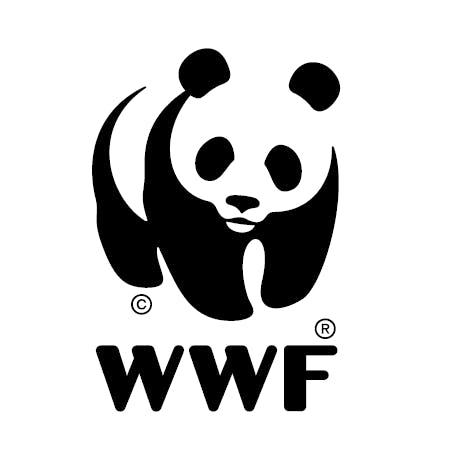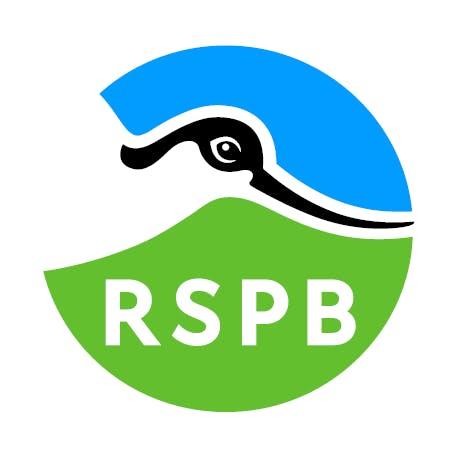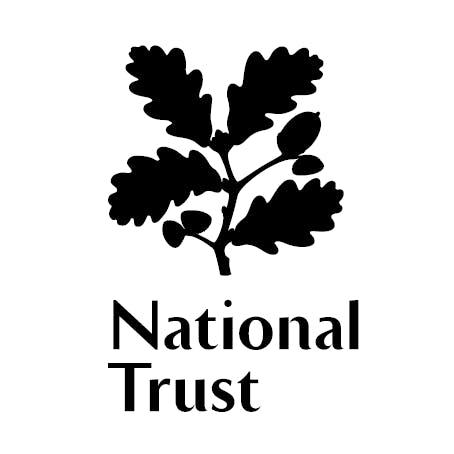Banking on a Wilder Tomorrow
A film for the finance sector
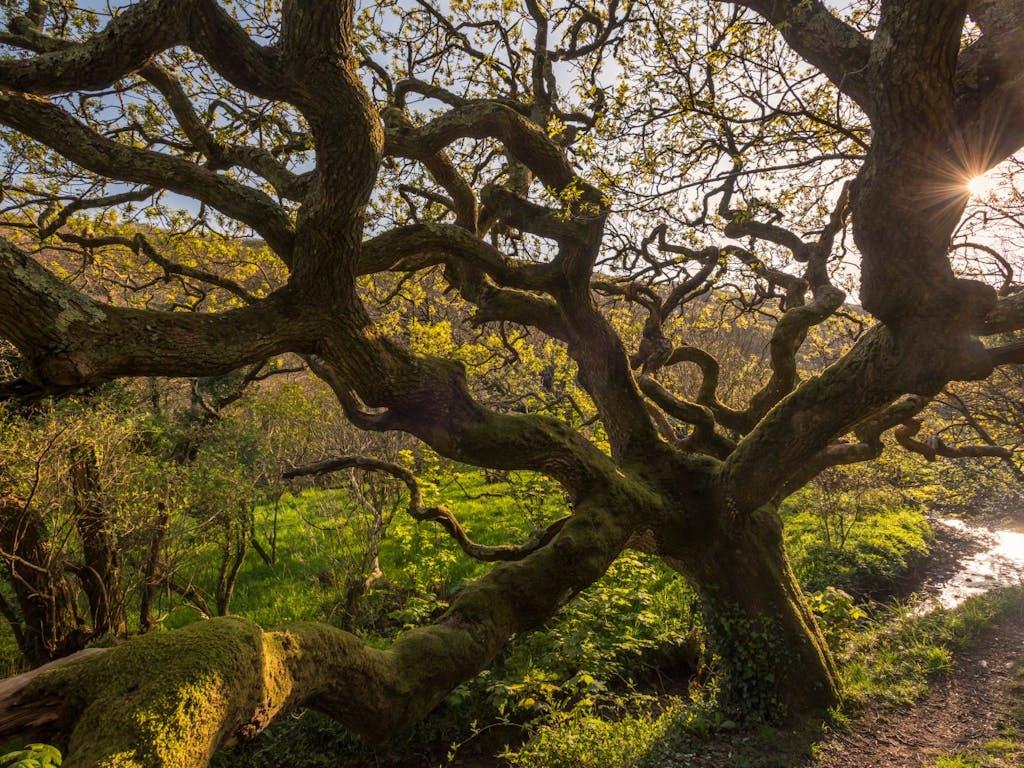

Banking on a Wilder Tomorrow
Inspired by Wild Isles, the iconic BBC nature documentary series, WWF, the RSPB, the National Trust and Silverback Films have come together to produce four films for businesses and organisations across the UK.
Banking on a Wilder Tomorrow reveals how the finance sector affects nature in the UK and explores what actions employees and businesses can take to reduce their impact. Hear from business leaders and experts including Deborah Meaden (Business Leader and Investor) Steve Waygood (Chief Responsible Investment Officer, Aviva Investors), Emma Howard Boyd (Chair of the Green Finance Institute), Bevis Watts (CEO of Triodos Bank UK) and others on how the finance system needs to put nature at the heart of decision-making and be a part of the solution to the nature crisis.
Get the conversation started in your workplace, organisation or industry group by hosting a film screening.
Register to host a screening
You can screen any of our Save Our Wild Isles business films in your organisation. When you register your event we can provide exclusive images to help you promote your screening and we may be able to support with a speaker.
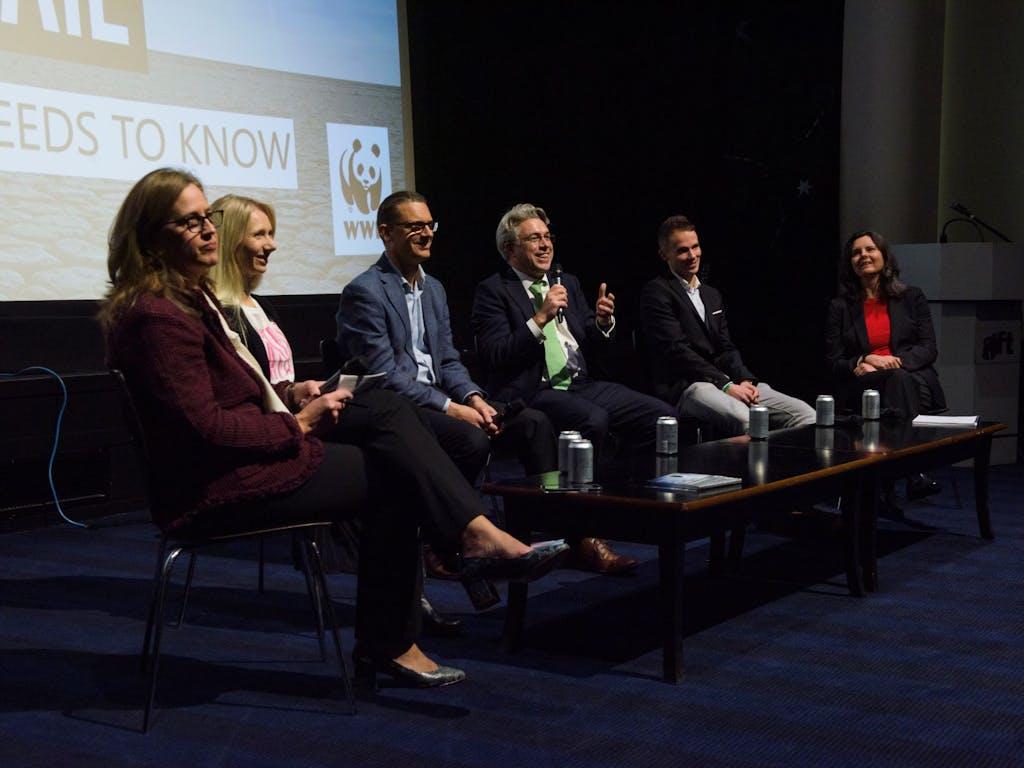

Discover the vital role of finance
The finance sector has a huge role to play in addressing the nature crisis. The risks of nature loss to investments, supply chains and future progress is unmistakable.
There is US $400 trillion of capital out there in the global financial system – many times what is needed to simultaneously address the climate and nature crisis. We need to green our finance and finance green initiatives, working with regulators and government to incentivise change. If the finance sector puts it mind to it, we can create a new economic system which works for people and planet.
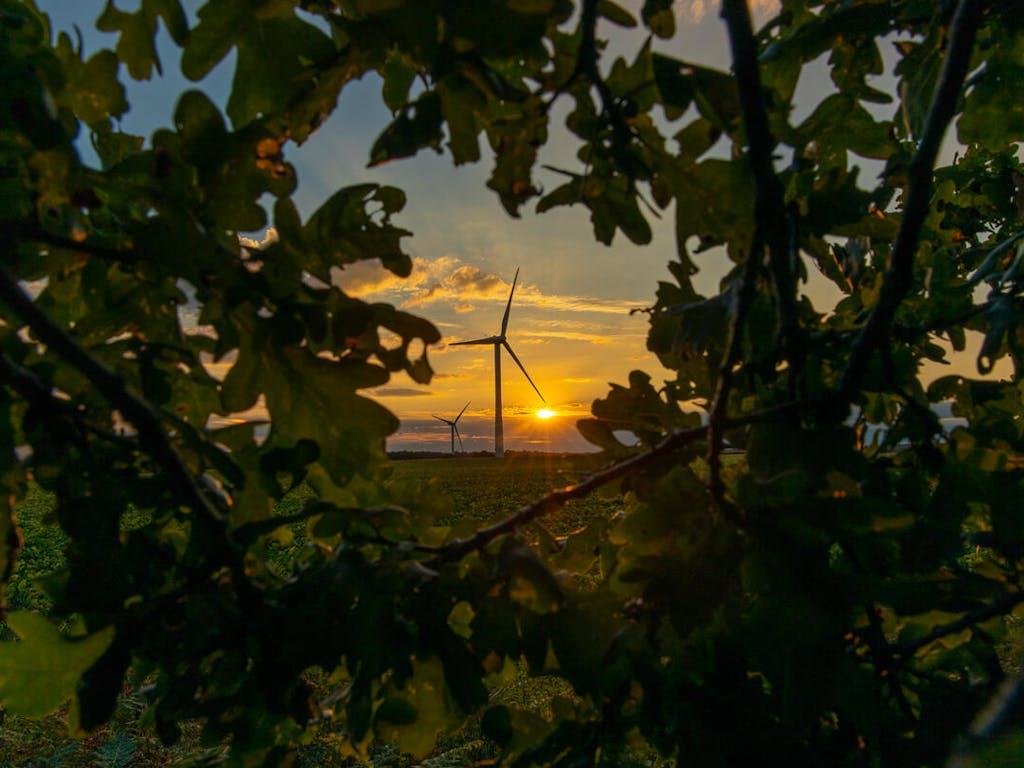

We need to:
- Green our investments – we need investors to attach criteria for nature to investments, use their vote for good practice, relook at board reward structure or re-election of a director.
- Invest in Green and in restoring nature – Nature-based solutions, e.g. restoration of Peatlands and Seagrass, Blue Carbon. Invest in the marine environment to protect land from coastal erosion, and reduce impact of flooding for local communities. Investors must invest in the restoration of the natural environment at scale in order to secure future benefits of natural flood alleviation.
- Invest in innovations that address the environmental crisis. Banks can provide the finance for new technologies and solutions. Shift capital in portfolios away from investments that damage nature.
In this film, we explore the relationship between our economic systems and biodiversity loss, and learn what actions the finance sector can take to drive the change that is urgently needed.
How to host a screening
Want to host a screening but don't know where to start? We've got you covered. From event guides to assets, find out how you can make your screening a success.
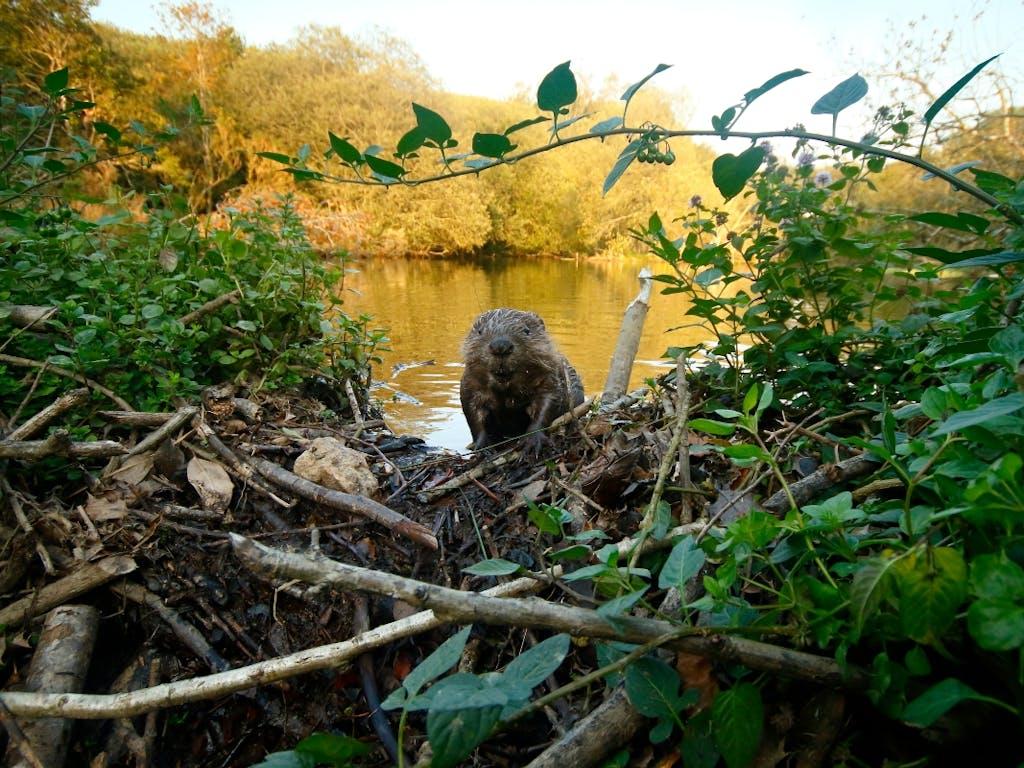

What you can do
- Discover what a transition plan is and follow the Transition Plan Taskforce (TPT) guidance here.
- Find out how to integrate nature into your transition plans. Click here to learn more.
- Read more about the Taskforce on Nature-related Financial Disclosures (TNFD). Be part of the consultation processes and help shape its design.
- Commit to setting Science Based Targets for Nature (SBTN).
- Promote the films to staff, customers, stakeholders or clients to help raise awareness of the issue.
Find out more about these films
To find out a full list of contributors and more information about the topics raised in this film, please see the links below.
"If the finance sector was a country, it would be the world’s 9th largest emitter"
Dr Bevis Watts, CEO, Triodos Bank UK
Our other films
There are four films in total in the series, we encourage to you watch and screen all the films so you and your colleagues can understand how our landscapes and seascapes are connected.








